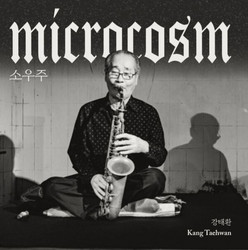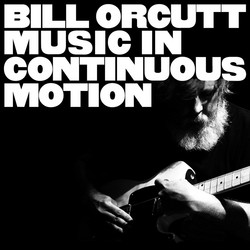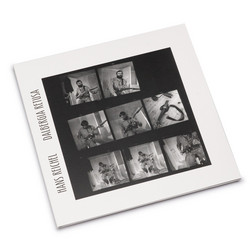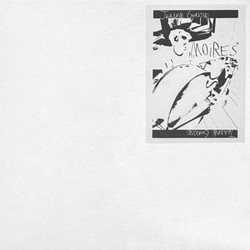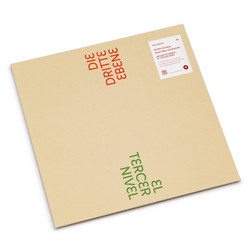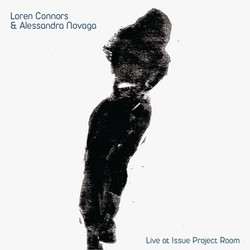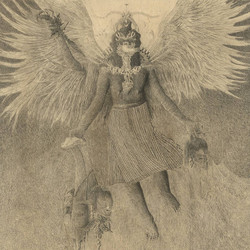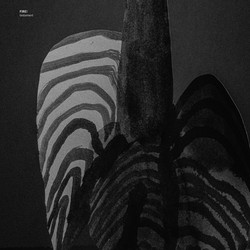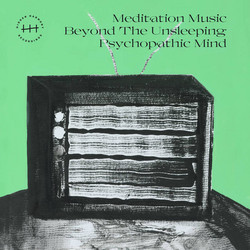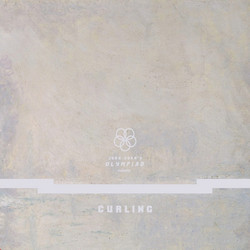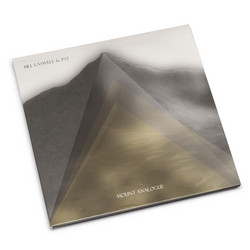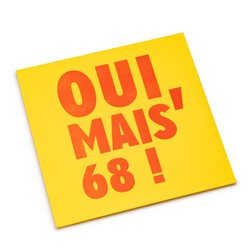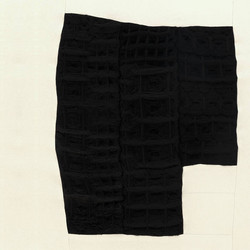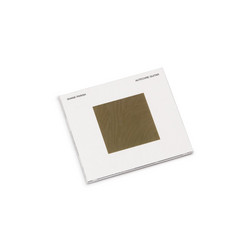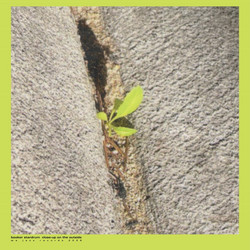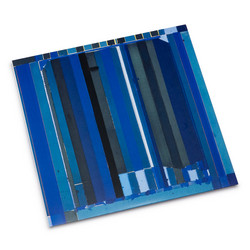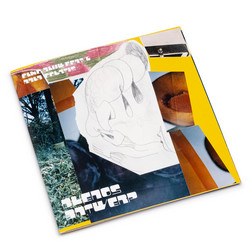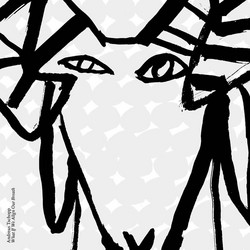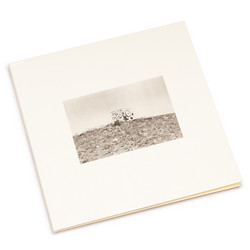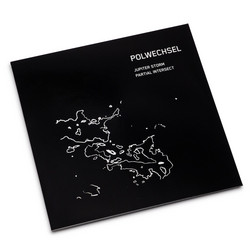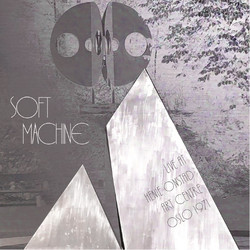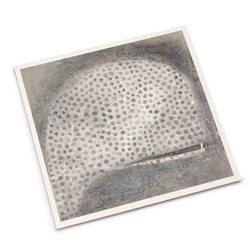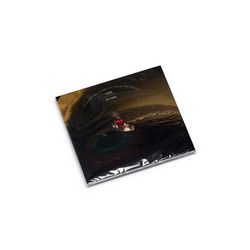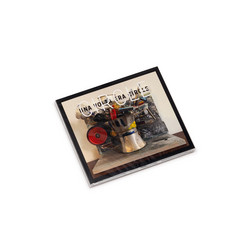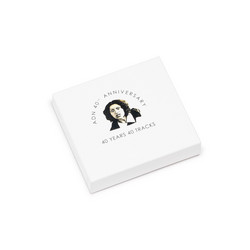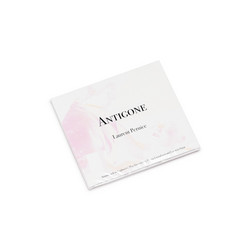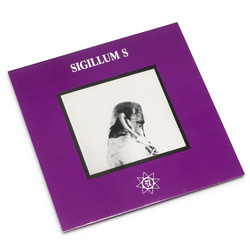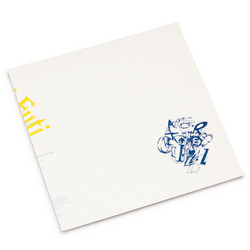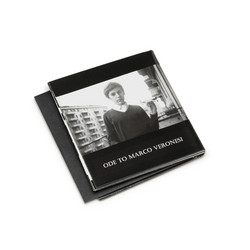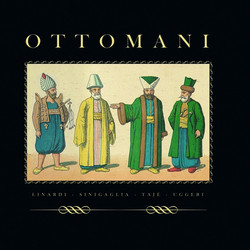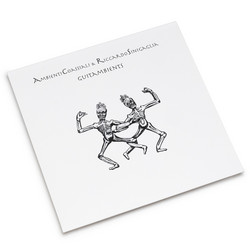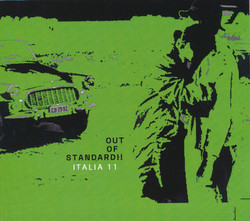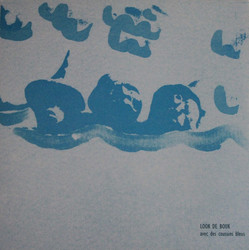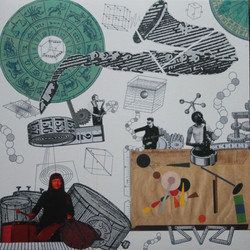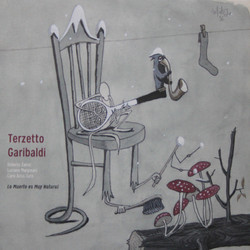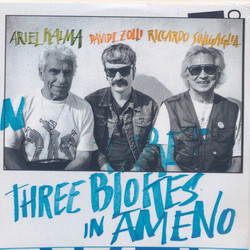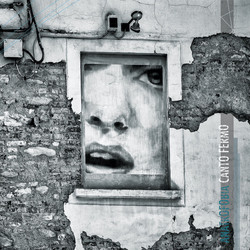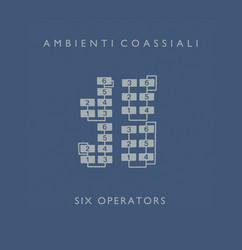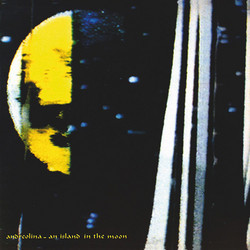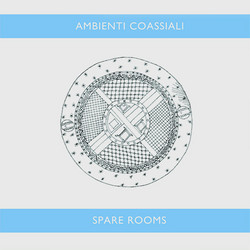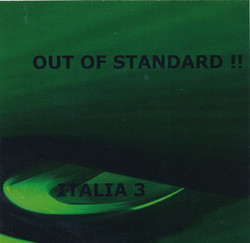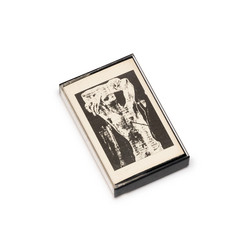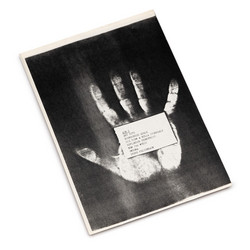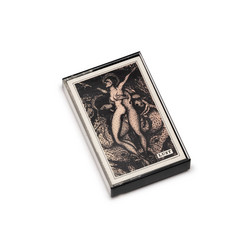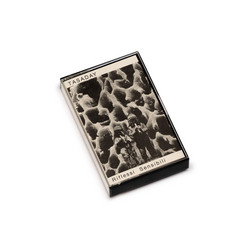With Live in Rhein-Main, Gestalt et Jive’s archival horizons expand, pushing their legacy even deeper into the terrain of European musical radicalism. The recordings, culled from performances in Wiesbaden and elsewhere in the historic Rhein-Main area, vividly encapsulate the group’s late-1980s peak, where members Alfred 23 Harth, Ferdinand Richard, and Peter Hollinger exercised a singular vision of spontaneous composition, blending punk, jazz, and Neue Musik into something defiantly new. Far from nostalgic retrospection, the album surges with forward momentum, exposing structural tension and a commitment to unmediated improvisation. This is a band that was unafraid to leave screws loose, reveling in collective undulation rather than the safety of genre orthodoxy.
The immersion begins with fragmentary motifs and instrumental interplay that treat the boundaries between jazz and rock as permeable; brass and woodwinds coil around angular guitar figures and frenetic percussion. The group’s multinational lineage is palpable and crucial, with their shared language of sonic risk-taking suspended between Germanic avant-garde rigor and Mediterranean lyricism. The chemistry among Harth, Richard, and Hollinger—deepened by the friction of their collaborations with Steve Beresford and Anton Fier—is never static, unspooling across extended jams punctuated by explosive shifts in rhythm and timbre. The recordings feel less like documentation and more like invitations to witness the act of genre defiance as it unfolds, dripping with immediacy and never far from anarchy. Throughout the album, Gestalt et Jive abandon the notion of the song as a fixed statement, instead embracing it as a vehicle for constant negotiation and reintegration. The set progresses like a living organism, devouring and reconstructing itself through cycles of tension and release, a hallmark of the group’s improvisatory ethos. It is impossible to ignore the impact of the era’s broader artistic ferment—Gestalt et Jive, contemporaneous with groups such as Cassiber and Etron Fou Leloublan, situate themselves as itinerant theorists, always more interested in questions than answers.
Live in Rhein-Main is not merely a historical artifact, but a living, breathing touchstone for anyone interested in how music can be wrested from the grip of predictability. There are moments when the tumult settles into fleeting hypnotic patterns, only to erupt again in splintered cascades of sound, reminiscent of European festivals where the group was frequently seen. For aficionados of progressive music, the album offers a dense, often unruly celebration of encounter, transformation, and the perpetual possibility of surprise. At a time when the relentless archiving of the avant-garde threatens to fossilize its impact, Live in Rhein-Main instead insists on the urgency and pleasure of unstable forms. Gestalt et Jive’s interrogative spirit remains undimmed, their music an enduring argument for friction over polish, and for the vitality to be found in perpetual motion.

